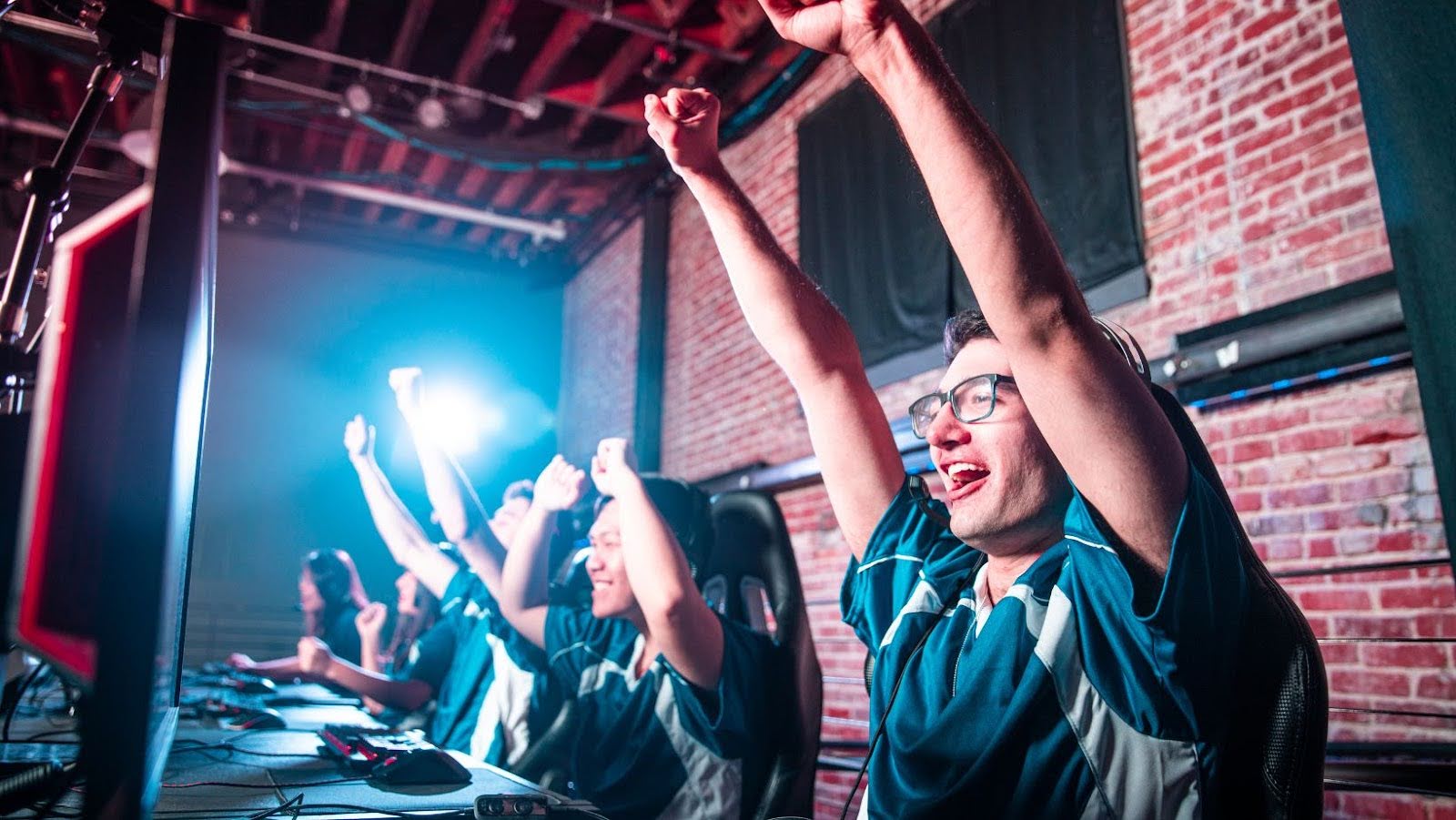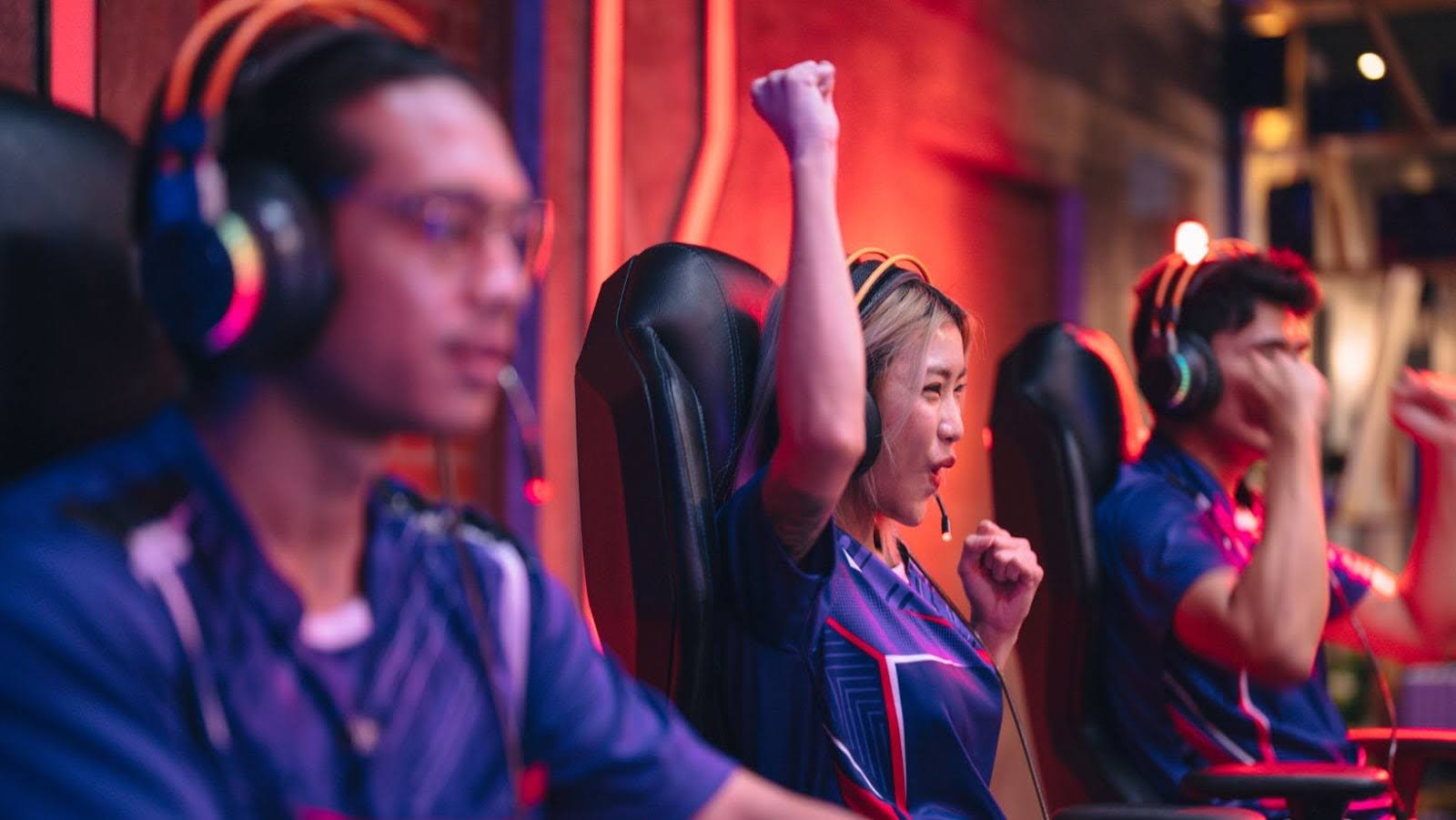This is the competition of the digital generation. In just a few years, it has developed from a niche to a mass phenomenon. While at the end of the 1990s, it was still mainly known to players. Today the competitions are watched by an audience of millions via livestream, on TV, and in sold-out stadiums. The prize money at international championships can reach eight-figure sums. Almost the sum you can win at Bet20. In many places, esports players enjoy a status that is otherwise reserved for film or pop stars. But what exactly is esports? What characterizes it?
Today, esports competitions are watched by an audience of millions via live stream, on TV, and in sold-out stadiums.
The term esports (also known as e-sports, eSports, or e-sports) refers to professional competition in computer and video games. As with traditional sports, esports is also about competing or measuring yourself against others in a discipline. A professional esports career is preceded by several years of hard and persistent training. Professional players are required to put in enormous physical and mental effort.
Esports are based on computer and video games that can be played competitively as individual disciplines or in teams. Esport thus embodies the core elements of computer and video games. It makes it possible to experience key elements of game culture. Digital competition is about the social aspect, about playing together, coordinating as a team, and working together. Esports is just as international as computer and video games are. It can be played at any time with people all over the world. Esports teams are made up of players from all over the world and tournaments are held and followed all over the world.

The most important esports titles include League of Legends, Dota 2, Counter-Strike: Global Offensive, Tom Clancy’s Rainbow Six: Siege, Overwatch, and the FIFA series.
The most important titles include games such as League of Legends (Riot Games), Dota 2 (Valve), Counter-Strike: Global Offensive (Valve), Tom Clancy’s Rainbow Six: Siege (Ubisoft), Overwatch (Blizzard) and the FIFA series (Electronic Arts). Over the years, numerous leagues and tournaments have been established around such real-time strategy games. Tactical shooters and sports simulations. In which esports players compete against each other at national and international levels.
Events such as the League of Legends Worlds, ESL One, or The International fill entire stadiums. Traditional TV channels such as ProSieben MAXX and SPORT1 are also increasingly broadcasting the major events on television. In January 2019, SPORT1 even launched the first esports channel in German-speaking countries: eSPORTS1. Millions of viewers also watch the tournaments and leagues on online streaming platforms such as Twitch and YouTube, which specialize in such broadcasts and are an integral part of the esports ecosystem.
In total, almost 12 million people in Germany tune in to esports events. What began in the 1970s with the game Pong, competitions on arcade machines, and LAN parties is now familiar to almost one in two Germans. Discussing games and teams or analyzing the latest game strategies is now as commonplace as talking about football or basketball.
THE POPULARITY
Esports has therefore developed and professionalised rapidly in recent years. Over the years, the formerly privately organized meetings of players via forums. Communities have developed into both a professional scene with a global market worth billions and a professionally organized amateur level. Today, there are numerous voluntary clubs and university groups. In which esports enthusiasts organize themselves locally and regionally. The groups offer the opportunity to socialize and train together. The clubs and groups form the basis for strengthening the local amateur league and promoting young talent. And thus for the German esports players of tomorrow.

What began in the 1970s with the game of pong is now familiar to one in five Germans.
Since the beginning of 2020, the Esports Player Foundation has been supporting esports players on their way to the top of the world. Whether financial, legal, health, or practical issues: the Esports Player Foundation endeavours to provide the best possible support for the esports professionals of tomorrow. For example, in the form of scholarships and travel grants. But also in the area of counseling on contractual matters or the compatibility of school, training, and work. The program also includes workshops on nutrition and healthy living as well as holistic training for physical and mental fitness. The focus here is on the values of esports. And that professional players will convey these as role models in the future, namely performance, fair play, and respect.














